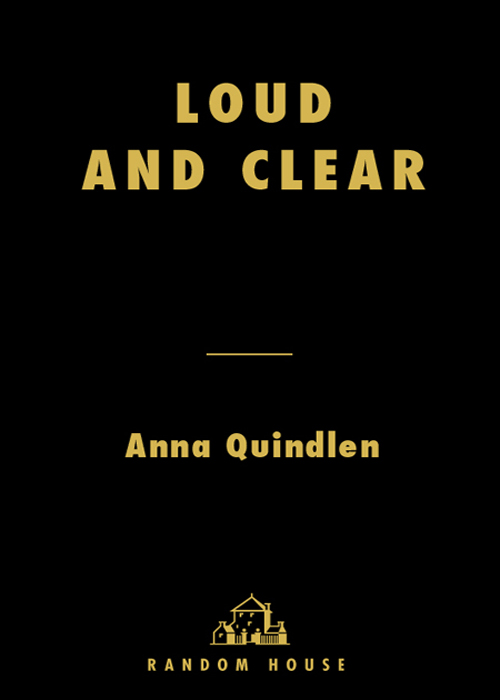
Loud
and
Clear
Anna
Quindlen
RANDOM HOUSE  NEW YORK
NEW YORK
Contents
For Houj
I believe that unarmed truth
and unconditional love
will have the final word.
MARTIN LUTHER KING, JR.
Preface
ON THE MORNING OF SEPTEMBER 11, 2001, I was doing what I do as well as anyone I know: that is, not writing. This is an enduring part of my daily routine, something like the unbirthday party in Through the Looking-Glass. Unlike some of my colleaguesmainly the ones I dont really care forI do not fly to my desk each morning with a full heart and a ready hand. I skirt the perimeters of my home office with a sense of dread, eyes averted from an empty computer screen. Instead of creation there is always procrastination: the call to my closest friend to chew over the morning paper and to gossip, which sometimes comes to the same thing; the power walk in Central Park and the interlude at Starbucksmy husband calls it Four-bucksand the triple venti no-foam latte. Luckily the laundry room is five stories below my office, or I could surely eke out another half hour folding sheets and T-shirts. Several years ago my daughter downloaded a computer game called Snood onto my laptop and for months, before I had used up all the demonstration games, I played over and over in single-minded pursuit of nothing more than a position on a scoreboard that only I ever saw and on which I was known as Big Mama. Eventually I deleted the program. I had developed a terrible Tetris problem a decade earlier that had enabled me to put off writing until well past 10:00 A.M., and I could see which way things were headed.
I am a creature of habit; it is all that allows me to write in the first place, the routine designed to ward off the moment, and then the moment itself, when the first feeble sentence, often merely a prelude to better things, appears as my fingers play word jazz on the keyboard. What follows is usually a manic two or three hours fed by caffeine and the CD of the moment. Sondheim, Tori Amos, Rosemary Clooney, James Taylor, Alanis Morissette. I did not want to learn to type, but the nuns insisted, saying someday I might marry a man who would need his papers typed or be employed by a man who needed the same done to his business letters. My fingers are the only sure-handed things about me when I first sit down to write. After all those years in newsrooms I am a very fast typist indeed, as fast as any executive secretary.
But it was the variation from routine that enables me to remember that morning in particular, remember it before it became the morning of the most important day in the history of the United States during my lifetime. It was my eldest childs eighteenth birthday, and that morning at breakfast his father and I had recalled with clarity and more than a little schmaltz the stiflingly hot morning when he had arrived, limp and gray after a forceps delivery. Twelve days before we had left him at college for the first time, and we were still smarting from the fissure in our family. Before we got into the car and drove away, we reminded him yet again that when he turned eighteen he was obliged by law to go to the post office and register with the Selective Service. Neither of us felt any fear when we told him to do that; it seemed almost quaint, that particular demand at that moment in time from the two of us, the former boy who had lived through the Vietnam draft lottery, the former girlfriend who had stood by breathless waiting for his number to come up, the young couple exhaling in relief after. If I had thought there was any chance my son would be forced to go to war, I would have bought him a ticket to Canada instead of driving him to Connecticut.
There were two other reasons that I remember that morning so clearly as well. The day before my daughter and I had attended the funeral of a family friend in Pennsylvania, and once I was done with my nonwriting rituals I intended to write about her, about the considerable inspiration that the lives of valiant older people provide us. I had gone straight from that funeral to a hospital, where my closest friend was having cancer surgery, surgery that appeared to have been spectacularly successful. So while I have a great deal of trouble remembering almost anything at this moment in my lifewhile I once did a column tied to my age called Life in the 30s, I now say that the fifties version would be entitled Where the Hell Did I Leave My Keys?I do remember how I felt that particular morning as I settled into the old Windsor chair at which I finally, finished with preliminaries, sat down to write. I felt painfully mortal, quite vulnerable, and enormously grateful.
Over the course of the next few days the entire city in which I work, the entire country in which I live, would come to feel much the same way.
For me there was a peculiar reason for gratitude as the horrible events of that day unspooled in a long endless loop of cataclysmic news footage. When my husband called to tell me to turn on the television, we both thought there had been a freak accident. But as I watched the arc of that second plane as it smashed into the Trade Center towers just a few miles south of our narrow Victorian row house, I knew that something uniquely terrible was taking place. I also had reason to believe that everyone I cared for most was safe: My husband across the Hudson at his office. The children at their schools. My friend in the hospital across town. It was difficult for us to talk to one another, of course, with the New York City telephone lines out, the tunnels and bridges shut down, and cyberspace hopelessly jammed. One of the mementos I have kept from that morning are three identical e-mails from our son at college, who could not get through on the day of his birthday or for three days afterward. Each one is dated September 11, 2001, and says in capital letters I REALLY NEED TO HEAR YOUR VOICE.
The morning after, a new world burned and bloomed, too, beneath an incongruously cerulean sky. A group of my daughters friends gathered in our kitchen and made hundreds of sandwiches and brownies to take to the Red Cross offices nearby. They bought enormous bags of dog food to bring to the local firehouse for their dalmatians and the rescue dogs looking for survivors downtown. The familiar strangers in our neighborhood lingered on the street to speak to one another, to pass along the newest stories about the horror to the south and the people who knew people whod been inside the twin towers. Two days later the wind changed and the neighborhood smelled sharply of smoke. I know that smell, an old man who lived in the apartment house on the corner said in accented English, and someone told me he was a Holocaust survivor.
Most nights, housebreaking the puppy we had picked up the day after our son left for school, I would run into a fireman who was heading home after working the wreckage, his eyes burning bright in a grimy face, his hands nicked and bandaged. He would pet our dog, rub her ears and muzzle, finally crouch to hold her squirmy little body close, and by the time he rose for the rest of the walk home there would be bright tear tracks in the dirt on his face. I tried not to cry until he was gone.
But despite the scent of death and the fighter planes flying low overhead and the interior rat-a-tat of panic and fear, there was also that hidden gratitude, the feeling on the part of most New Yorkers that they might have been downtown, that they could have gone to a meeting or a breakfast, that they somehow were still alive. For me that gratitude was also professional. The morning of September 12, 2001, I was at my desk first thing, no preliminaries, no computer games, seizing the chance to write about an event more destructive, more transformative, and more important than any I had ever written about during three decades as a journalist. And at that moment I thanked God, not only for the safety of my family and friends, but for the gift of being permitted to do what I do for a living.
Next page

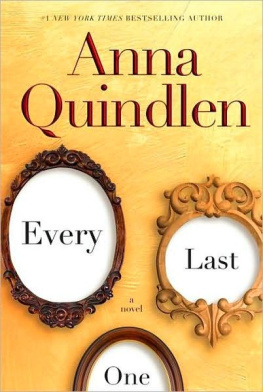
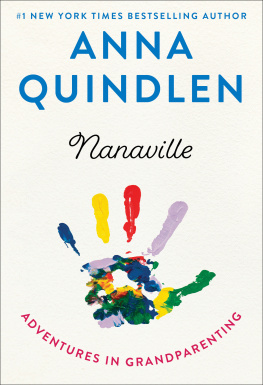
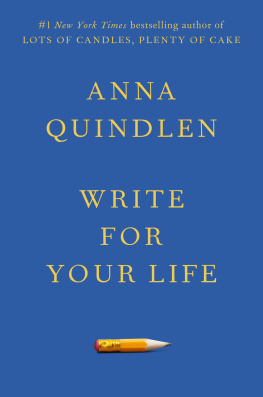
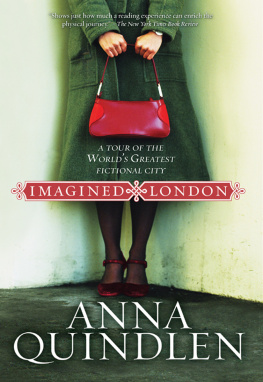
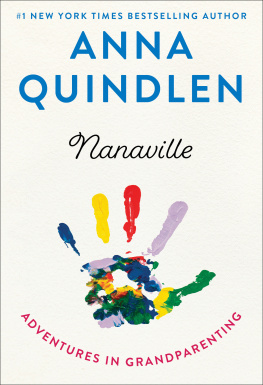

 NEW YORK
NEW YORK